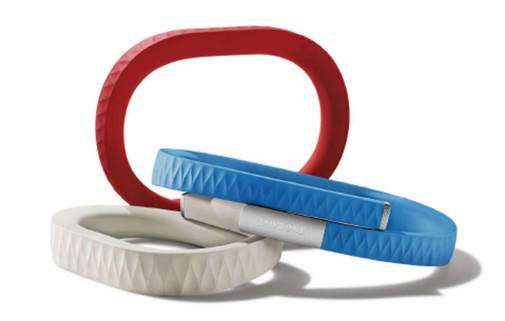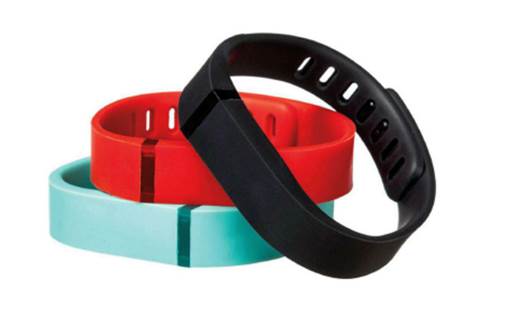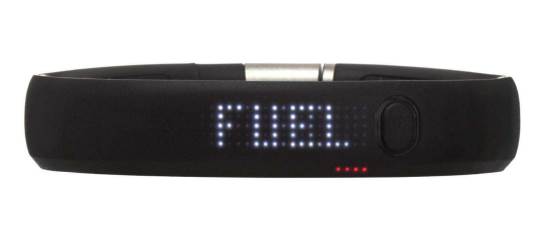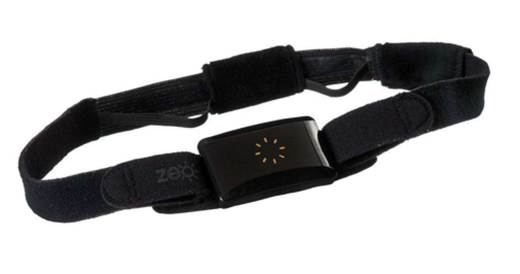A word about tracker
Although you can use a calorie counting
service or even a pencil and paper to record tour activity manually, trackers
remove a lot of the guesswork and can be highly motivating. Think of them as
modern-day pedometers: Wear one during the day to measure how many calories you
burn during regular activity; put on a sleep tracker at night to see how well
you rest. Most trackers even offer a companion website with additional features
for interpreting or analyzing your data, or connecting to outside apps for
enhanced data collection. The downside is that trackers aren’t inexpensive – they
can run upwards of $60.
Want to get a tracker yourself? Check out
our recommendations below.
Our favorite trackers
We’ve tested most of the fitness trackers
available on the market, in a wide variety of styles and price ranges. Here are
the ones we most recommend.
Fitbit One: $99

The Fitbit One is a super-smart pedometer
that tracks how many steps you take in a day, the flights of stairs you climb,
the distance you travel, the number of calories you burn, and even how much
restful sleep you get. It also includes a “silent wake alarm” – you can sleep
with the Fitbit One tucked into the pouch of the included wrist strap, and the
device will vibrate at whatever time you set to wake you without disturbing
your sleeping partner. The companion Web account, Fitbit.com, lets you add even
more information, like what you’ve eaten, as well as other activities that the
Fitbit can’t track on its own, such as weightlifting or cycling. All these
features, plus top compatibility with other apps and a wonderful form factor,
make the Fitbit One our favorite overall activity tracker.
Fitbit Zip: $59

Need a tracker that costs less than the
Fitbit One? The Zip gives you the same solid experience on the Fitbit website,
where all your data is displayed and you can log other fitness information, but
you can’t track stair-climbing or sync wirelessly with the mobile app (though
it still syncs with a PC or Mac), and there’s no silent alarm. The Zip uses a
watch battery, so there’s no need to charge up the device every so often. If
cost is your primary concern in choosing a fitness tracker, Fitbit Zip may be
ideal.
Jawbone UP: $129

The Jawbone UP is in some ways everything
you want from a fitness-tracking gadget. It tracks daily activity and sleep
efficiency, comes with a well-designed iPhone app, feels comfortable around the
wrist, and includes a vibrating silent alarm. If you want an activity tracker
on your wrists, the Jawbone UP is one of the best you’ll find, although it
requires and iPhone to work.
Motorola MotoActv: $249

The only fitness gadget we’ve tested that’s
built for serious athletes (runners in particular) is Motorola’s MotoActv. The
GPS-enabled, MP3-playing device cleverly correlates and displays data from your
workouts, such as the map of your route and your pace during each song on your
playlist. Among hybrid music player-fitness tracking devices, though, it’s on
the pricier side.
Other health trackers
If you’re looking for features,
functionality, or design other than what our top trackers offer, here are some
other products worth considering.
Fitbit Flex: $99

Slated for release this spring, the Fitbit
offers traditional Fitbit functionality for monitoring your movement and your sleep,
but in a convenient wristband design. It syncs via Bluetooth 4.0 iOS and Android
devices, PCs, and Macs. Several colors of Flex band are available, and you can
easily swap the tracker between them.
Hapifork: $99

For watching your eating habits, there
might be no better tool than the HAPIfolk. It helps you monitor how fast you eat,
which might prevent you from gaining weight or developing serious digestive
problems. An online dashboard and mobile app put your vittles vitals at easy
reach wherever you happen to be. Expect it to be available starting in April.
Nike+ FuelBand: $149

Nike’s popular FualBand tracker has an
understated, retro-sporty look, and it’s incredibly easy to configure and use.
But it doesn’t track anything more than general motion with an accelerometer,
so forget about analyzing your sleeping or eating habits, and don’t expect to
find many advanced features on the associated Web account.
Zeo Sleep Manager Pro: $99

For the deepest perspective you can get
your sleep habits, try the Zeo Sleep Manager Pro. It tracks everything from
your sleep phase to the amount of time it takes you to drop off to slumber
after snuggling into bed. It connects via Bluetooth to your Android or iOS
device, so it can better collect and display all your data wherever and
whenever you need it; an extensive online Knowledge Center helps you use what
you learn to further improve your Zs.